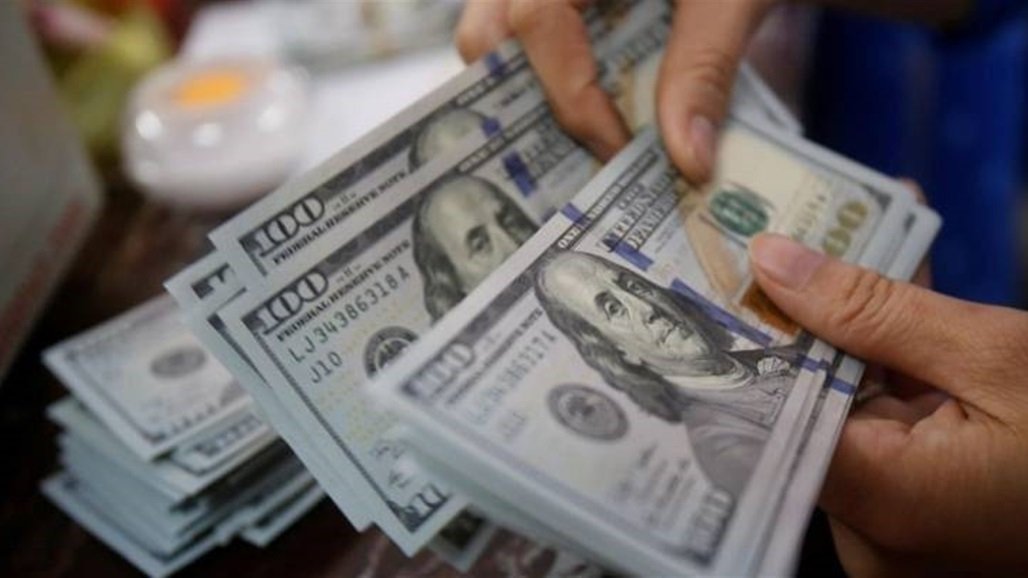The US dollar strengthened against the Iraqi dinar in Baghdad, while exchange rates in Erbil remained largely stable, according to a recent survey conducted. The rise in Baghdad comes amid fluctuating local demand for foreign currency, reflecting ongoing economic and market pressures in the capital.
At the opening of Baghdad’s central Al-Kifah and Al-Harithiya stock exchanges, as the US dollar exchange rate increased to 141,100 dinars per 100 dollars, up from 140,850 dinars per 100 dollars recorded. In the city’s exchange shops, the dollar’s selling rate reached 142,000 dinars per 100 dollars, while the buying rate was 140,000 dinars per 100 dollars. Market analysts suggest that the upward movement in Baghdad is driven by higher demand from importers and traders seeking to secure dollars.
In contrast, the exchange rate in Erbil remained stable. Local currency exchange offices reported the selling rate at 140,700 dinars per 100 dollars, while the buying rate stood at 140,550 dinars per 100 dollars. Observers note that Erbil’s stable rates indicate a balanced supply of dollars in the local market, with no significant sudden fluctuations in demand.
Financial experts say the difference between Baghdad and Erbil’s markets reflects the regional variations in economic activity and trade dynamics. Baghdad experiences US dollar strengthened frequent shifts in foreign currency demand due to imports, government payments, and business operations. Meanwhile, Erbil, with more controlled local financial flows, sees less volatility in exchange rates.
The Iraqi dinar’s performance against the US dollar remains a key indicator for the economy, affecting import costs, inflation, and daily transactions. Traders and citizens are closely monitoring exchange rates to adjust their financial planning and trading strategies accordingly.
As Iraq continues to navigate economic challenges, including fluctuating oil revenues and local market pressures, monitoring foreign currency trends remains critical for both businesses and consumers.


